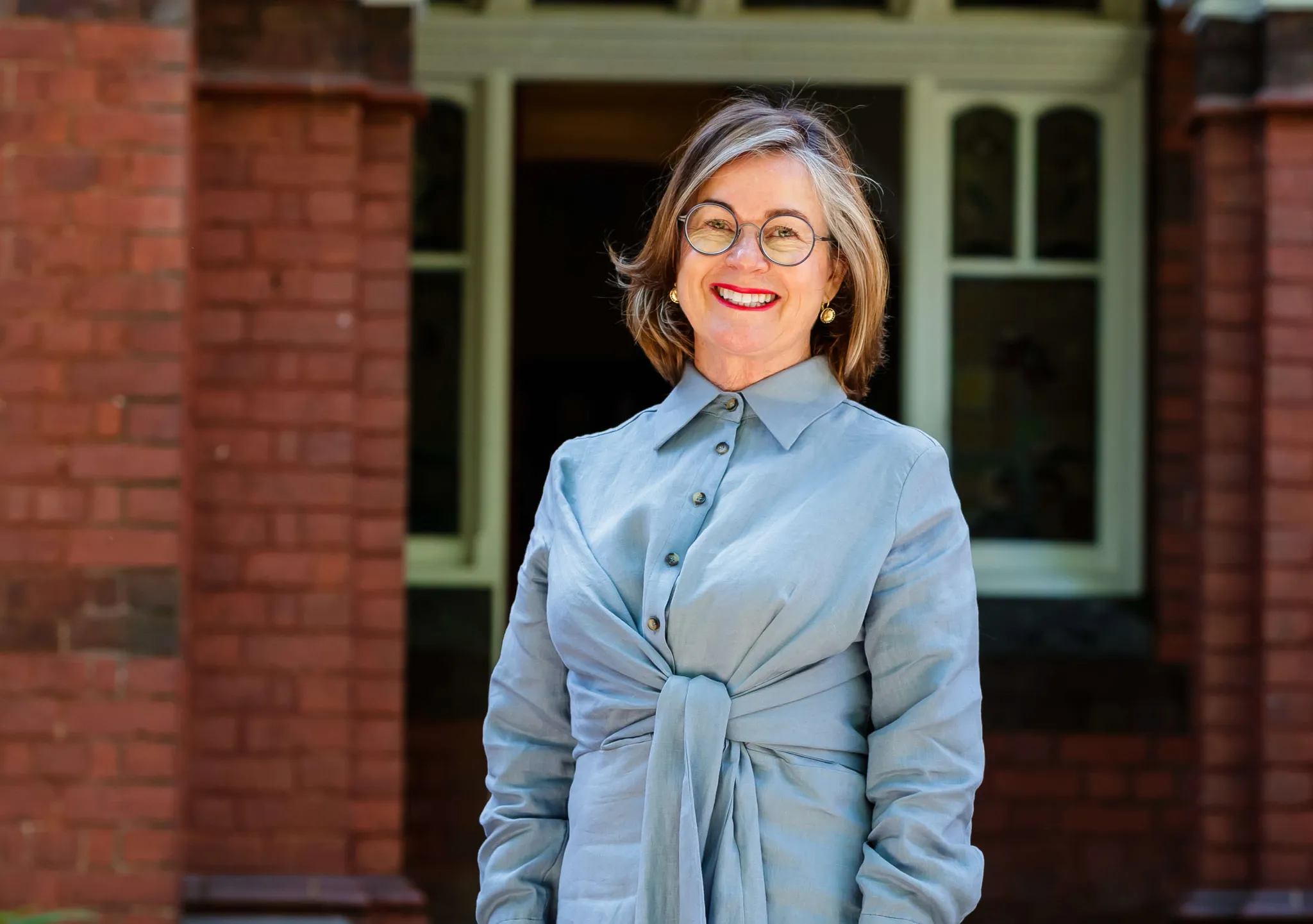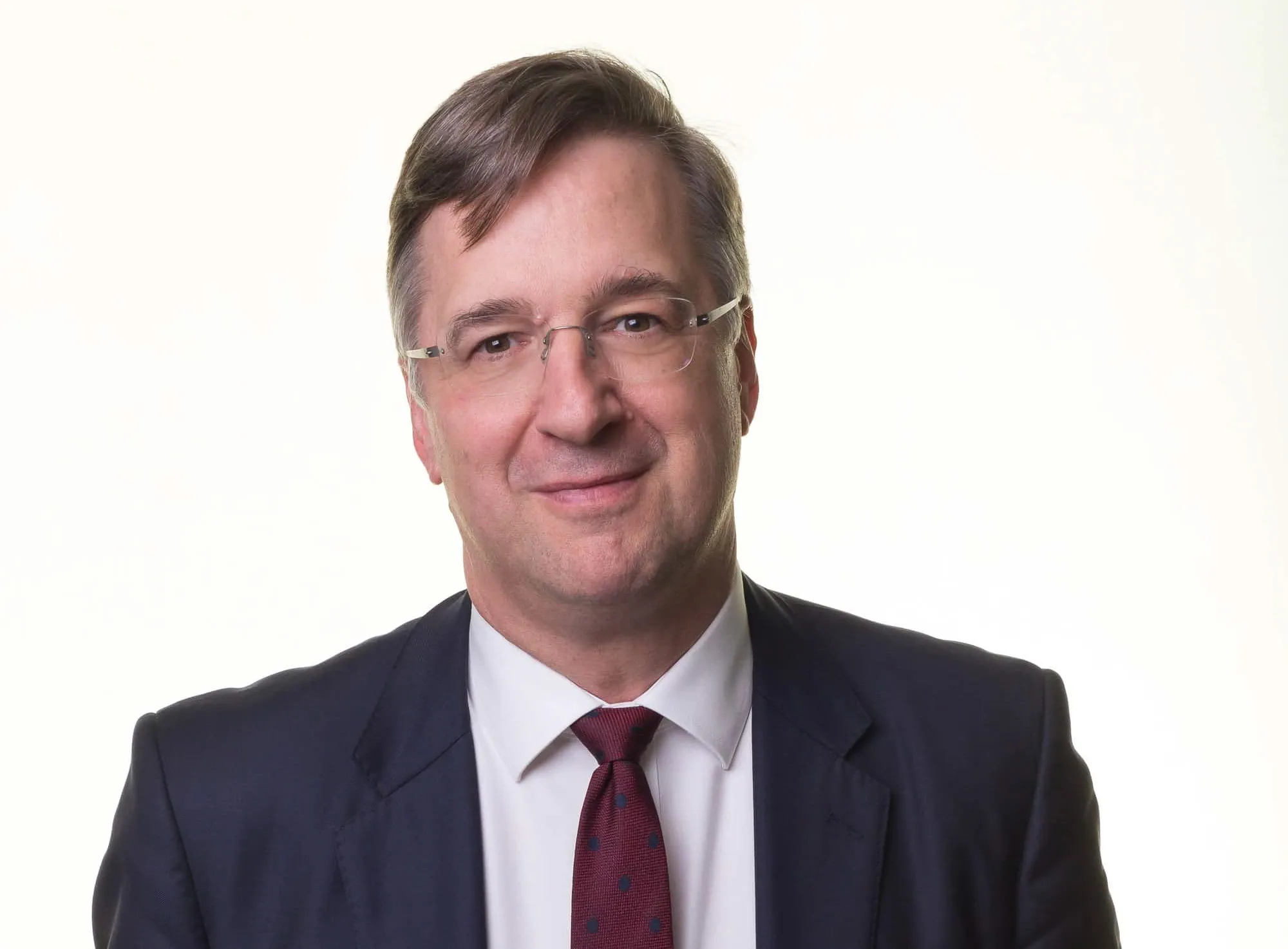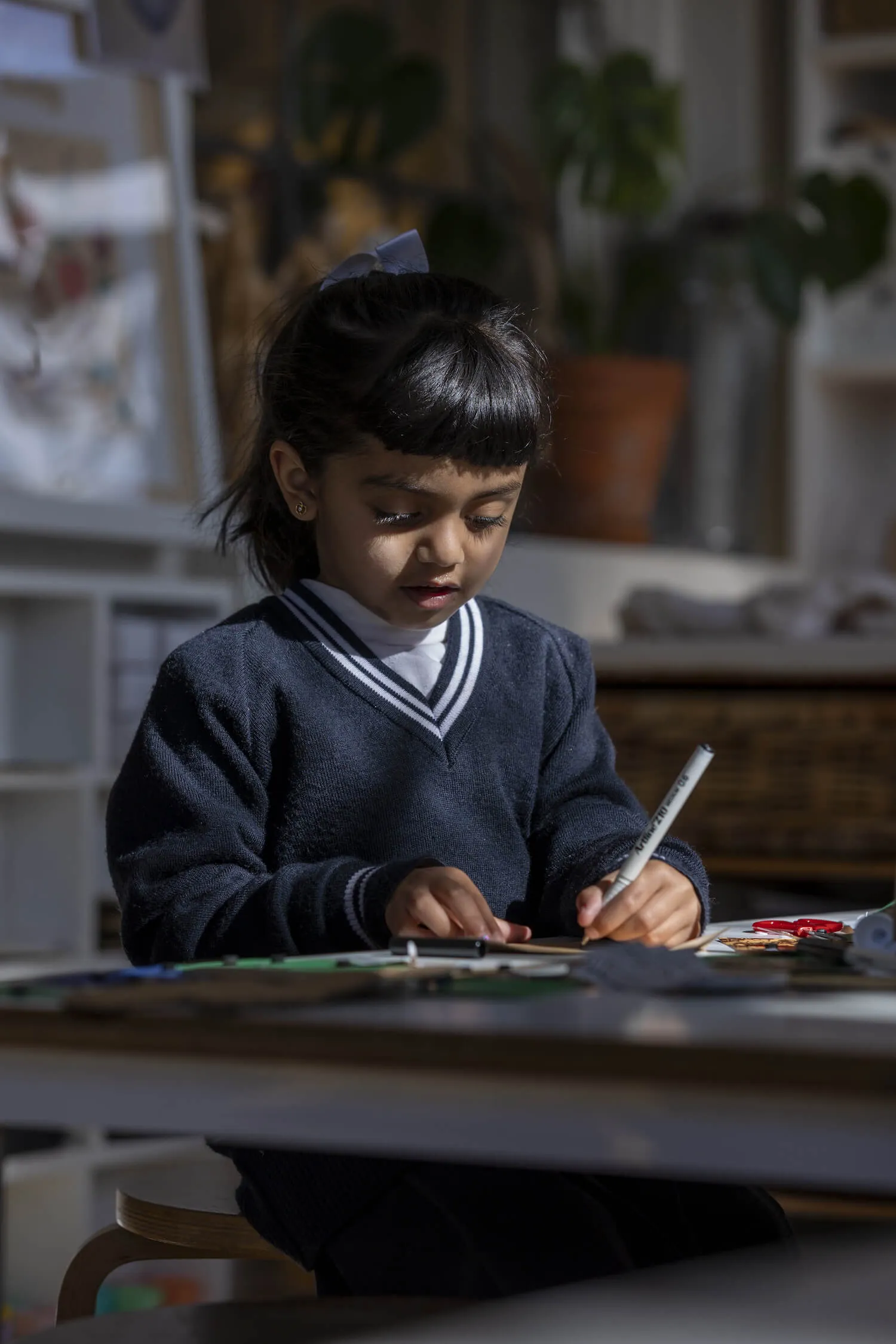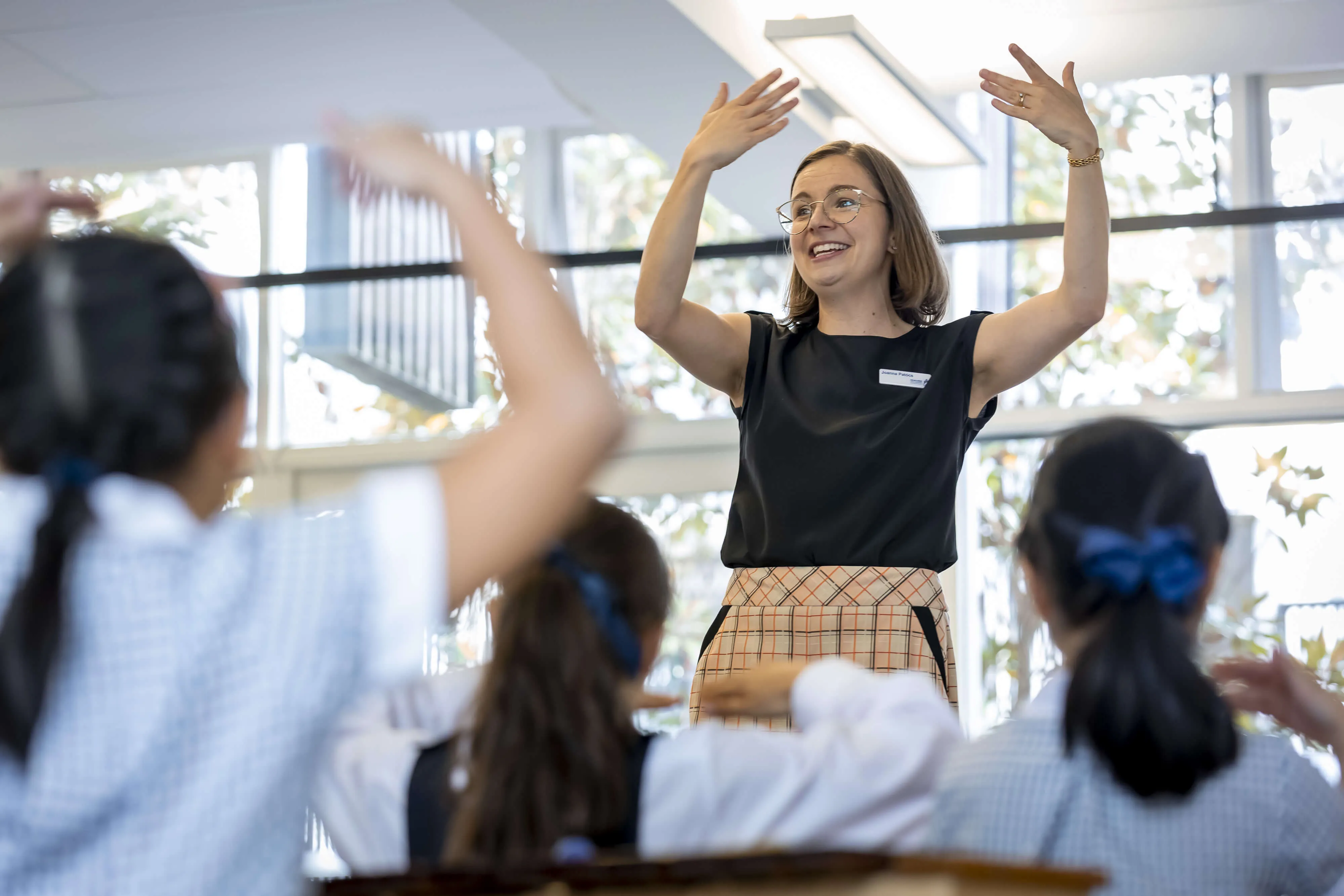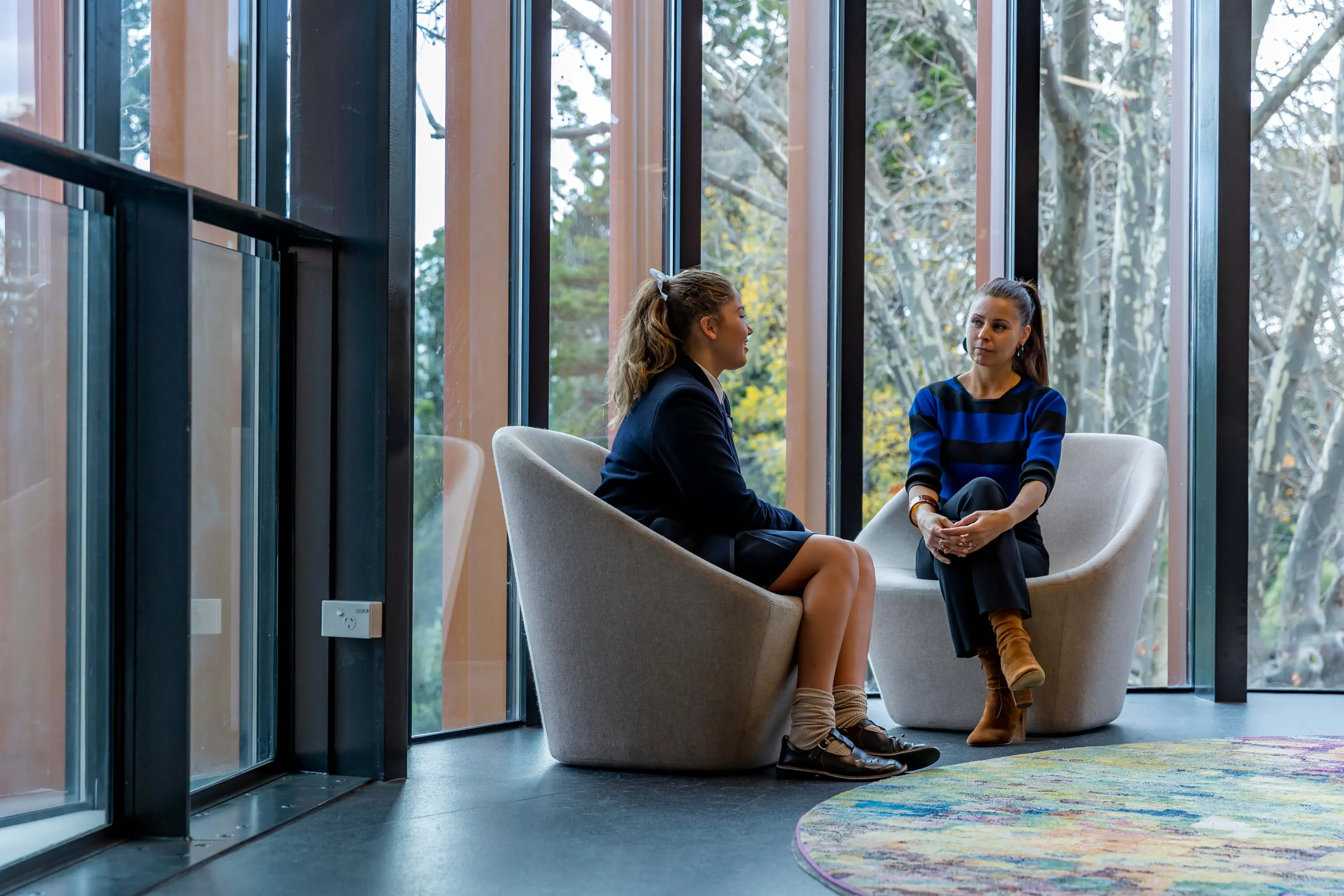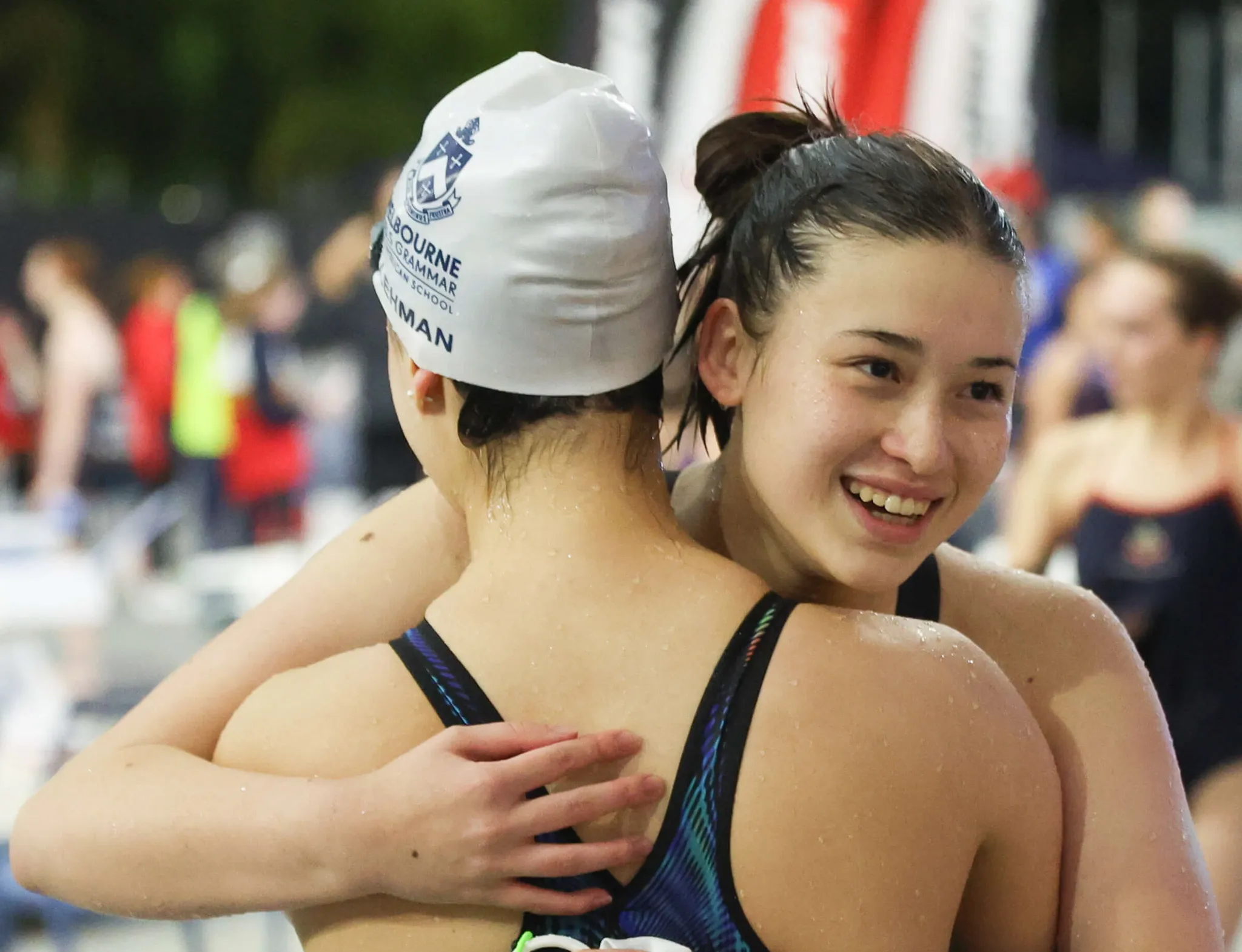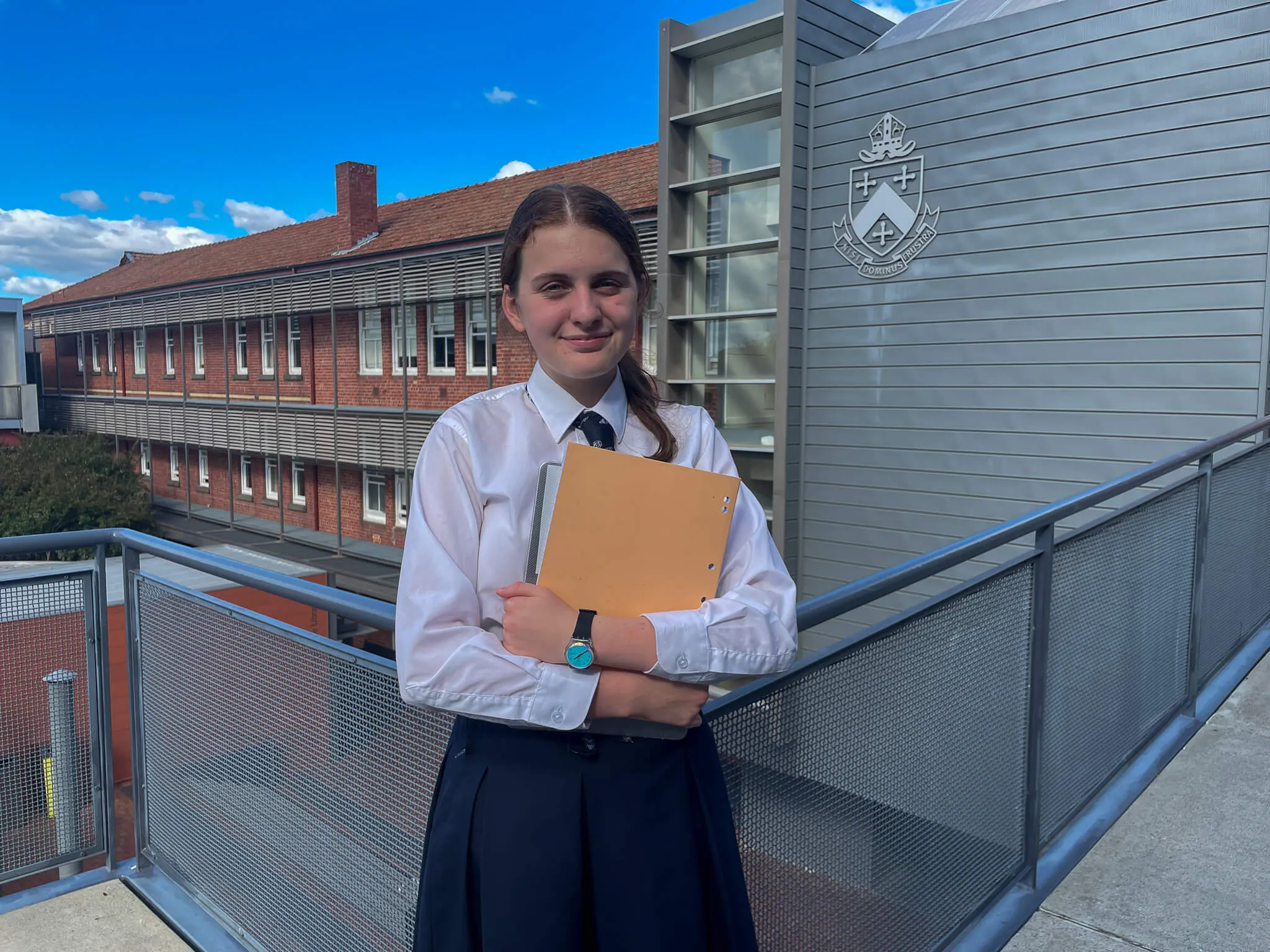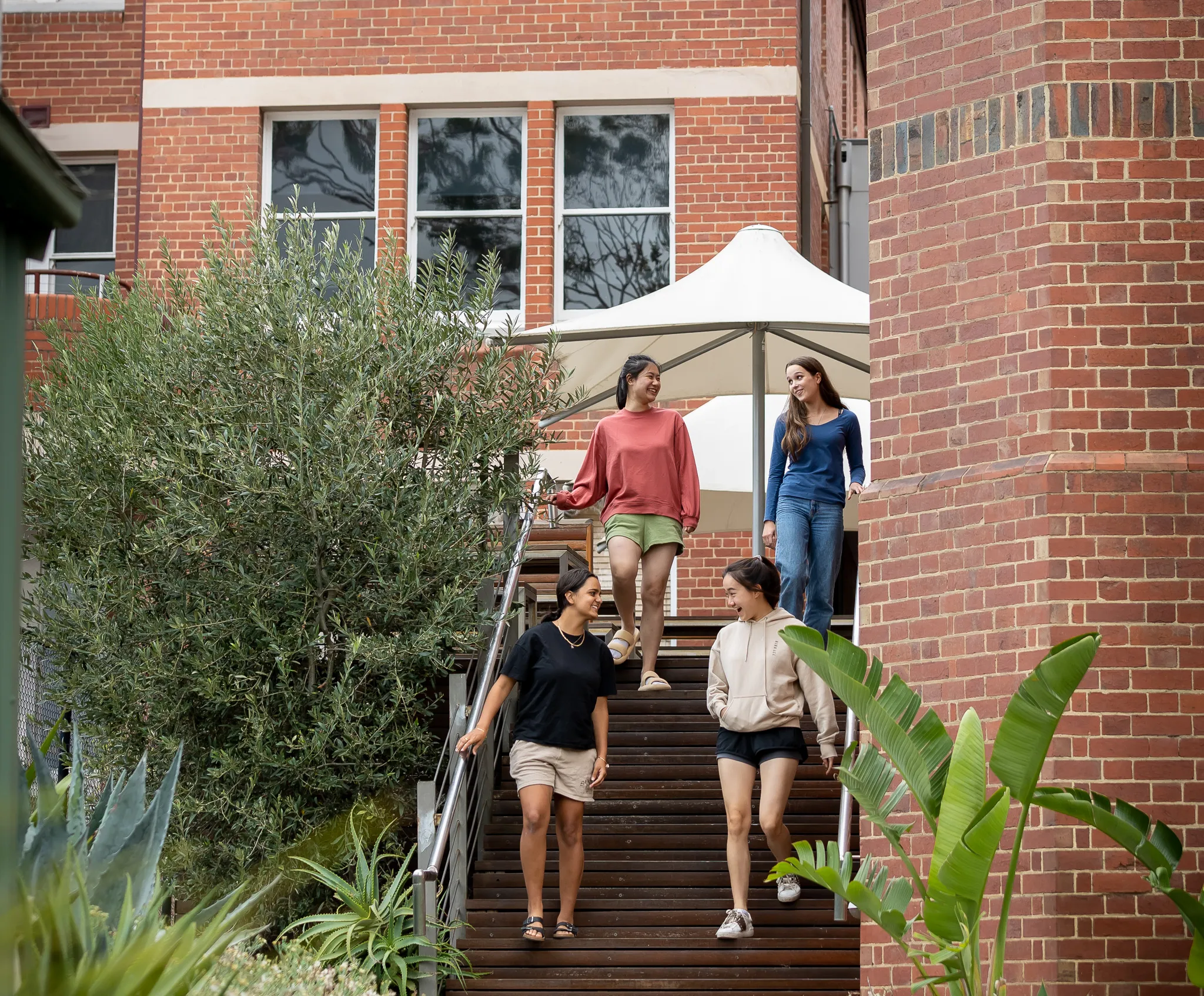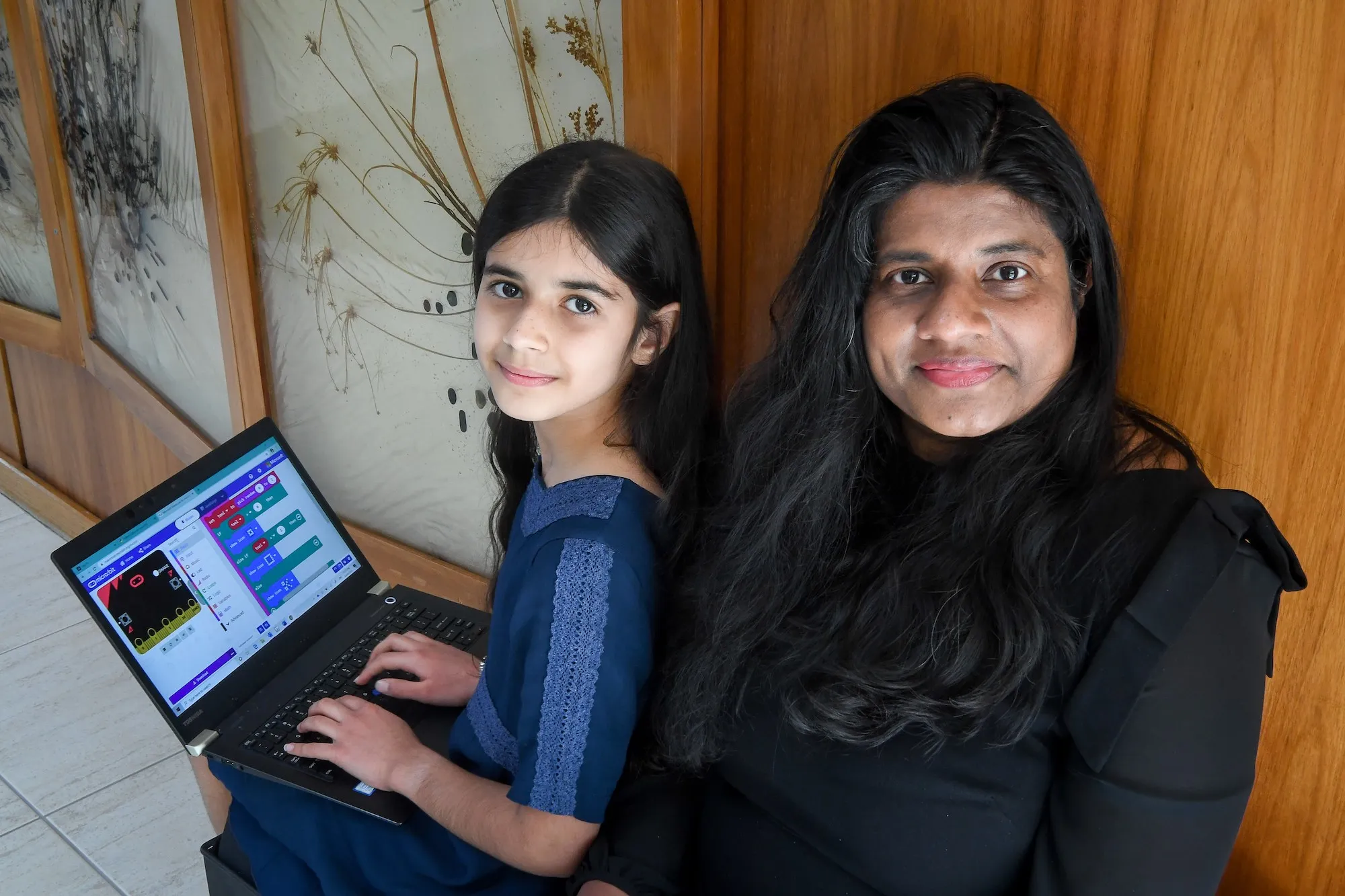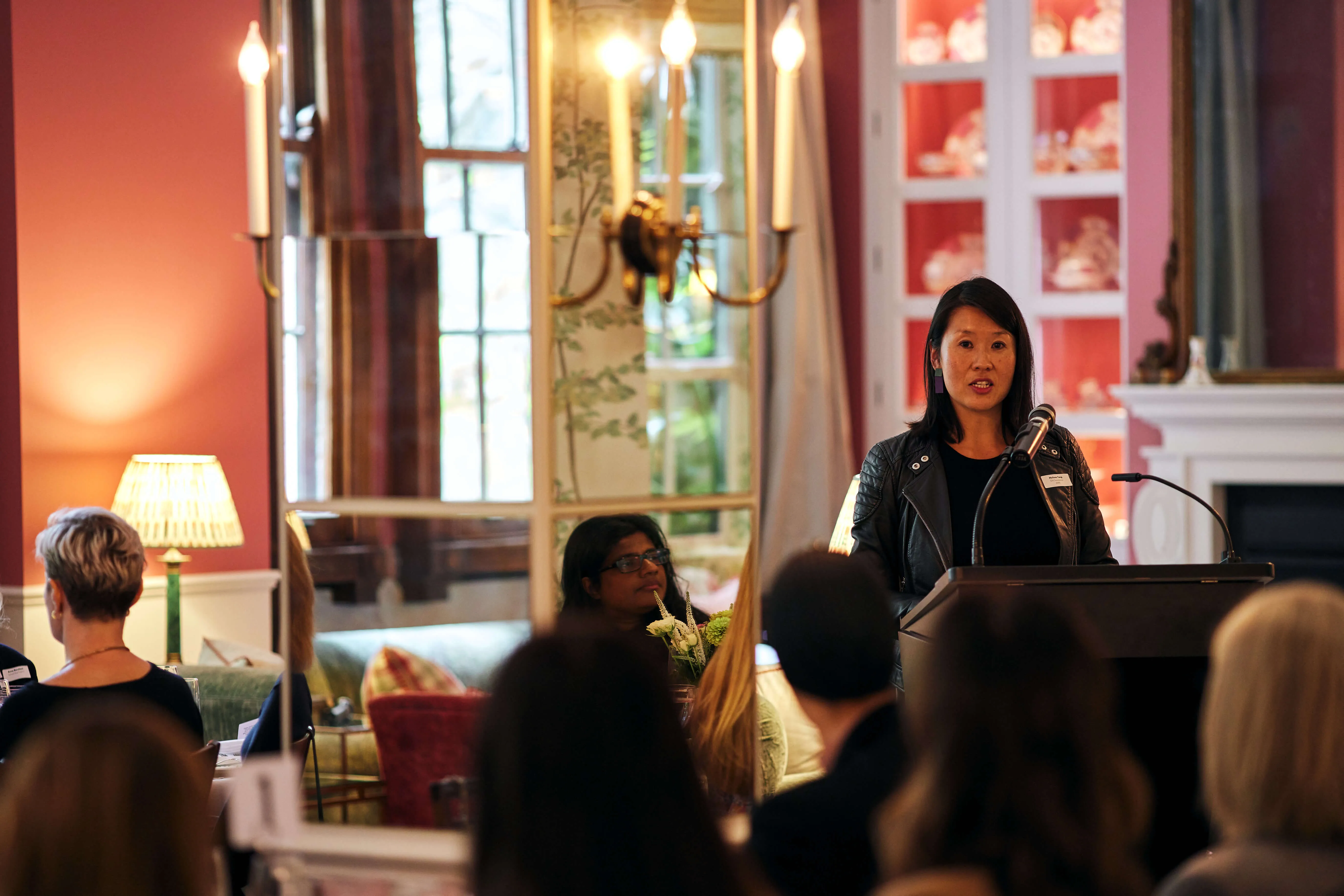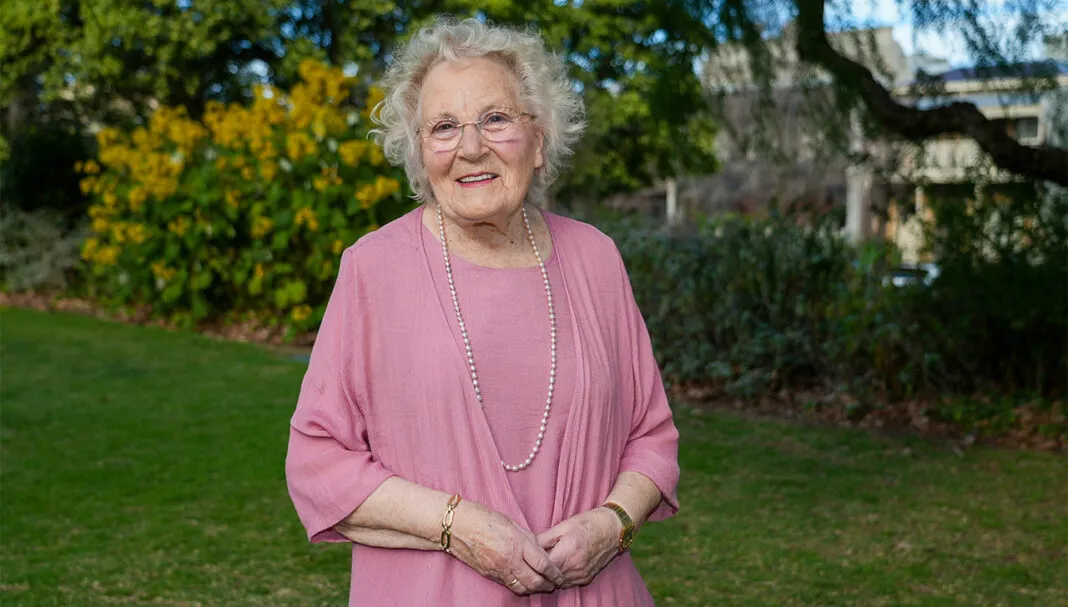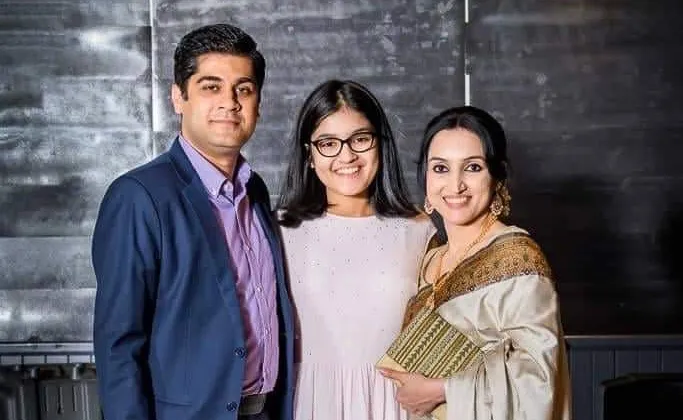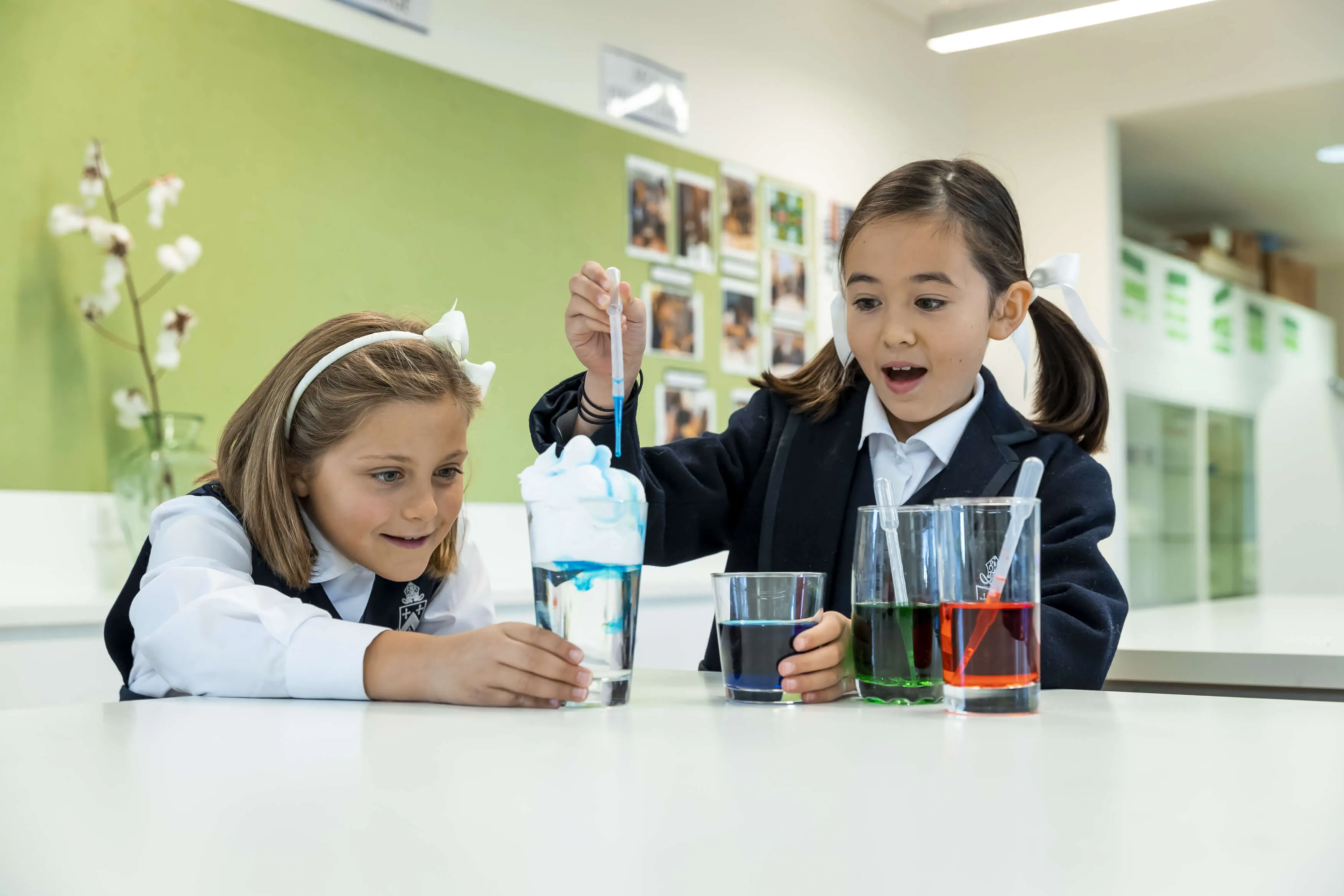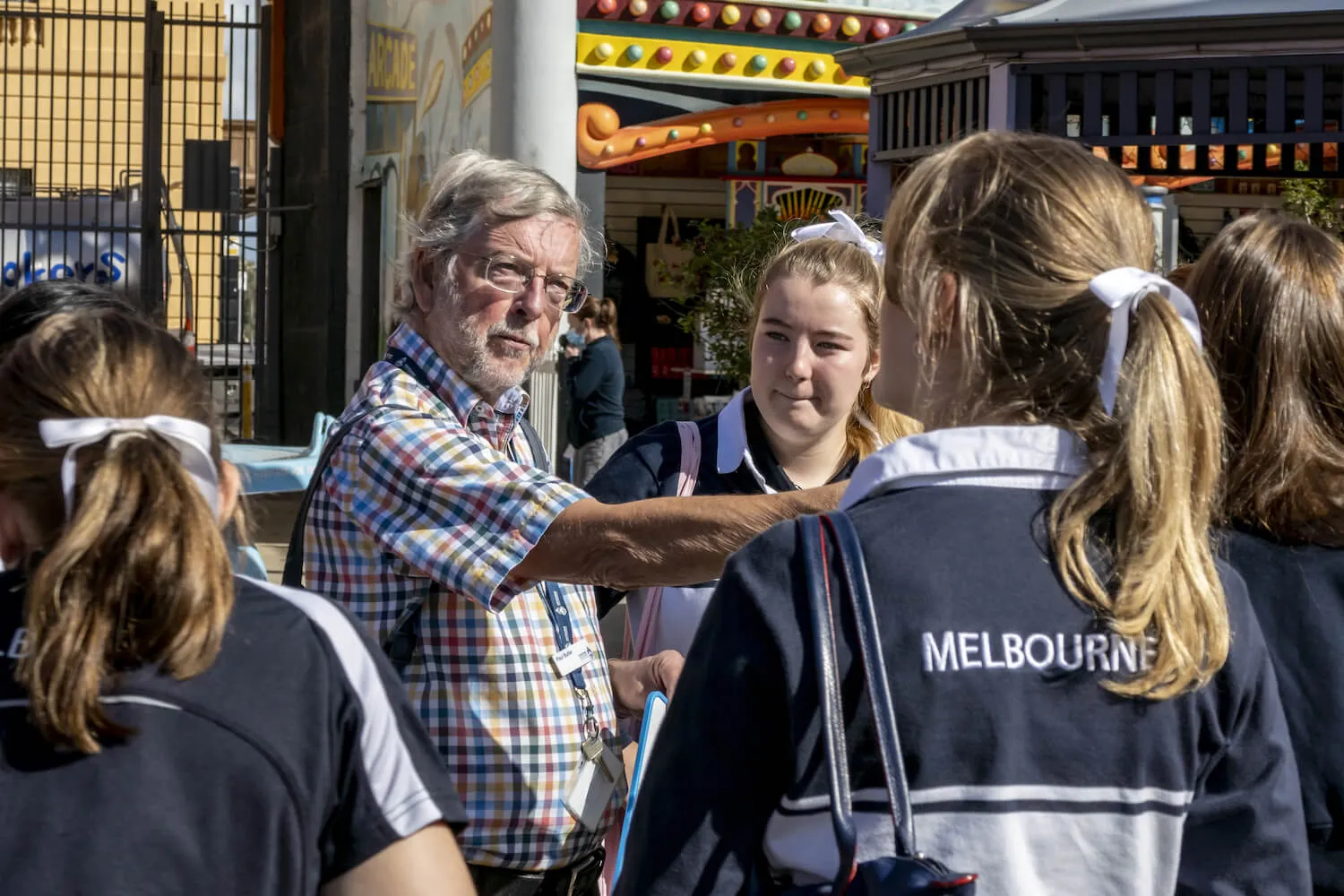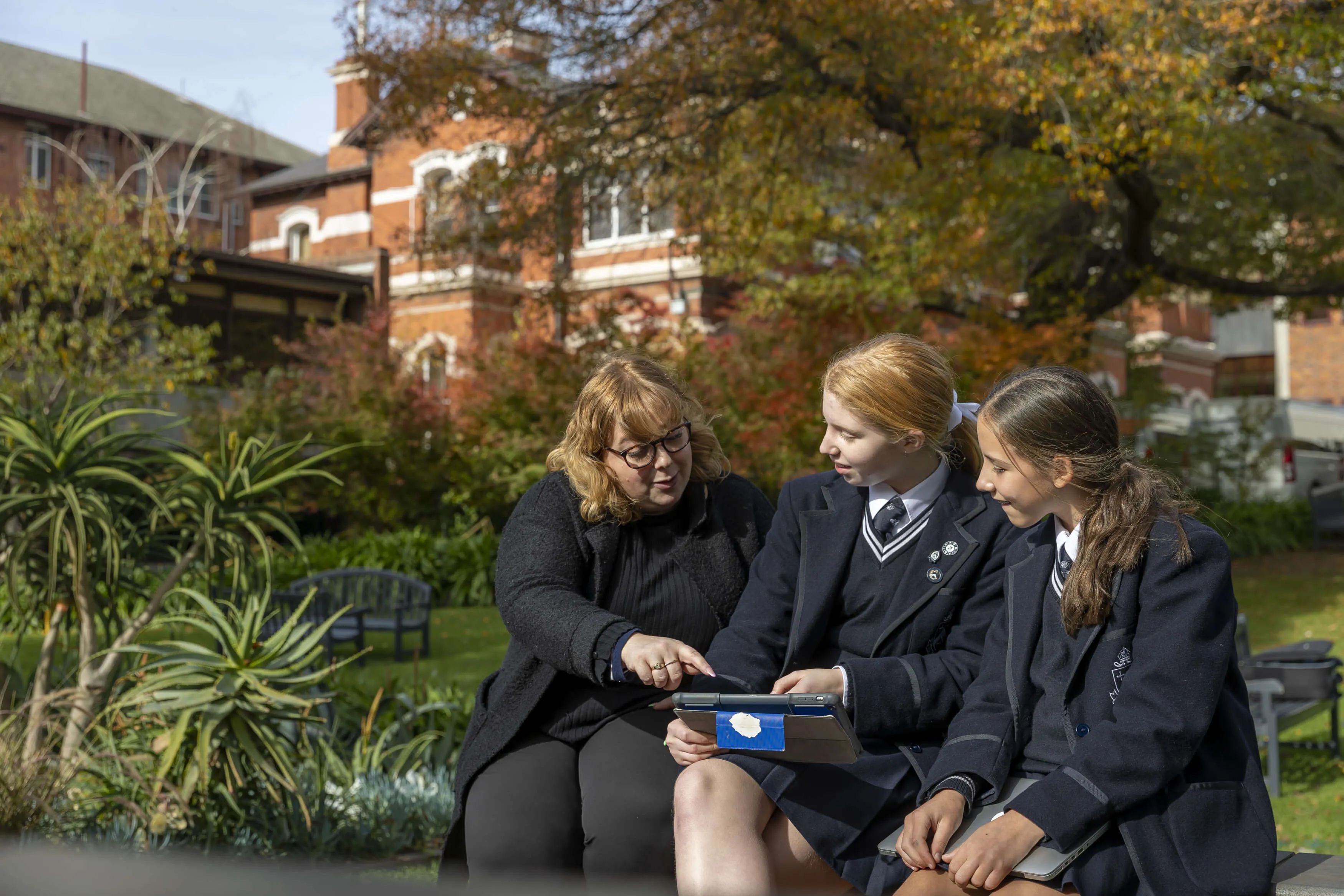

Learners such as Elspeth, ELC 4YO, sit at the heart of MGGS's education strategy.


Learners such as Elspeth, ELC 4YO, sit at the heart of MGGS's education strategy.
Learning to Understand Ourselves and the World
The learner sits at the heart of our education strategy at Melbourne Girls Grammar. We know that as we educate our Grammarians, we are intervening in their lives in a way that changes how they see and understand the world around them and their place within it.

We take this responsibility very seriously and understand that as educators, we work in partnership with our community to ensure that every Grammarians receives the best education they can to be successful in all their future endeavours beyond the iconic red brick walls that frame our school.
When we consider what guides the educational decisions that our teachers make and how we structure our learning programs at Melbourne Girls Grammar, I am reminded of the following conceptualisation of the purpose of school-based education from Emeritus Professor Michael Young:
"It is to enable all students to acquire knowledge that takes them beyond their experience. It is knowledge that many will not have access to at home, among their friends, or in the communities in which they live. As such, access to this knowledge is the ‘right’ of all pupils as future citizens." (Young, 2014)
This knowledge gives students new ways to view the world that is outside the bounds of their lived experience. This is reflected within the disciplines that form our curriculum and give power to our Grammarians through the knowledge they acquire. Here are just a few ways that this knowledge helps to transform how they see and understand their world and their place within it:
- Literacy and Literature – From our youngest Grammarians to our oldest, the power of communication and the ability to engage with the ideas of others in a variety of forms is a crucial aim learning at Melbourne Girls Grammar. Students learn to engage with nuance and complexity in forms that may first appear obvious and certain. They learn to interpret meaning, entertain possibilities, and to understand social phenomena. It is a key process through which our Grammarians gain new ways of viewing the human experience.
- Numeracy and Mathematics – We live in a world of patterns; numeracy and mathematics provide a powerful universal language and toolkit that our Grammarians can use to understand the world. It forms the language of science and technology and allows us to probe the natural universe. Mathematical training disciplines the mind, develops logical and critical reasoning, and analytical and problem-solving skills. New ways of viewing the world come into existence when they begin to understand the underlying patterns and language of mathematics.
- Languages – Language is fundamental to what it means to be human – it is everywhere around us. It is through language that we come to know our world. When we learn another language, we open a new window on the world through a unique body of linguistic and cultural knowledge. It is an essential part of every Grammarians’ education for it widens their horizons and breaks down barriers between people of different backgrounds and cultures.
- Science – At its heart, the sciences are about studying and understanding our universe, from the smallest element to the largest and most complex. It shows our Grammarians there is more to their world than what they can see with the naked eye, and that there is a universe of phenomena influencing every aspect of their lives. Through this study they gain a toolkit of strategies to formulate hypotheses, test assumptions, and defend their conclusions through the scientific method.
- History – All of our thoughts and acts are tissued with memory; without a knowledge of our collective past we can neither think nor act socially or politically. A deep historical knowledge is emancipatory for our Grammarians, helping them to understand the ‘why’ of our existence and current circumstances. We study stories of human triumph over impossible odds and explore how deeply shocking events have impacted our fellow human beings in tragic ways. Grammarians learn that this past can be interpreted in a variety of ways and how to defend their own interpretations with logical and evidence-based arguments. It takes them beyond their own world to experience people and places that we have much to learn from.
We take this responsibility very seriously and understand that as educators, we work in partnership with our community to ensure that every Grammarians receives the best education they can to be successful in all their future endeavours beyond the iconic red brick walls that frame our school.
When we consider what guides the educational decisions that our teachers make and how we structure our learning programs at Melbourne Girls Grammar, I am reminded of the following conceptualisation of the purpose of school-based education from Emeritus Professor Michael Young:
"It is to enable all students to acquire knowledge that takes them beyond their experience. It is knowledge that many will not have access to at home, among their friends, or in the communities in which they live. As such, access to this knowledge is the ‘right’ of all pupils as future citizens." (Young, 2014)
This knowledge gives students new ways to view the world that is outside the bounds of their lived experience. This is reflected within the disciplines that form our curriculum and give power to our Grammarians through the knowledge they acquire. Here are just a few ways that this knowledge helps to transform how they see and understand their world and their place within it:
- Literacy and Literature – From our youngest Grammarians to our oldest, the power of communication and the ability to engage with the ideas of others in a variety of forms is a crucial aim learning at Melbourne Girls Grammar. Students learn to engage with nuance and complexity in forms that may first appear obvious and certain. They learn to interpret meaning, entertain possibilities, and to understand social phenomena. It is a key process through which our Grammarians gain new ways of viewing the human experience.
- Numeracy and Mathematics – We live in a world of patterns; numeracy and mathematics provide a powerful universal language and toolkit that our Grammarians can use to understand the world. It forms the language of science and technology and allows us to probe the natural universe. Mathematical training disciplines the mind, develops logical and critical reasoning, and analytical and problem-solving skills. New ways of viewing the world come into existence when they begin to understand the underlying patterns and language of mathematics.
- Languages – Language is fundamental to what it means to be human – it is everywhere around us. It is through language that we come to know our world. When we learn another language, we open a new window on the world through a unique body of linguistic and cultural knowledge. It is an essential part of every Grammarians’ education for it widens their horizons and breaks down barriers between people of different backgrounds and cultures.
- Science – At its heart, the sciences are about studying and understanding our universe, from the smallest element to the largest and most complex. It shows our Grammarians there is more to their world than what they can see with the naked eye, and that there is a universe of phenomena influencing every aspect of their lives. Through this study they gain a toolkit of strategies to formulate hypotheses, test assumptions, and defend their conclusions through the scientific method.
- History – All of our thoughts and acts are tissued with memory; without a knowledge of our collective past we can neither think nor act socially or politically. A deep historical knowledge is emancipatory for our Grammarians, helping them to understand the ‘why’ of our existence and current circumstances. We study stories of human triumph over impossible odds and explore how deeply shocking events have impacted our fellow human beings in tragic ways. Grammarians learn that this past can be interpreted in a variety of ways and how to defend their own interpretations with logical and evidence-based arguments. It takes them beyond their own world to experience people and places that we have much to learn from.
We take this responsibility very seriously and understand that as educators, we work in partnership with our community to ensure that every Grammarians receives the best education they can to be successful in all their future endeavours beyond the iconic red brick walls that frame our school.
When we consider what guides the educational decisions that our teachers make and how we structure our learning programs at Melbourne Girls Grammar, I am reminded of the following conceptualisation of the purpose of school-based education from Emeritus Professor Michael Young:
"It is to enable all students to acquire knowledge that takes them beyond their experience. It is knowledge that many will not have access to at home, among their friends, or in the communities in which they live. As such, access to this knowledge is the ‘right’ of all pupils as future citizens." (Young, 2014)
This knowledge gives students new ways to view the world that is outside the bounds of their lived experience. This is reflected within the disciplines that form our curriculum and give power to our Grammarians through the knowledge they acquire. Here are just a few ways that this knowledge helps to transform how they see and understand their world and their place within it:
- Literacy and Literature – From our youngest Grammarians to our oldest, the power of communication and the ability to engage with the ideas of others in a variety of forms is a crucial aim learning at Melbourne Girls Grammar. Students learn to engage with nuance and complexity in forms that may first appear obvious and certain. They learn to interpret meaning, entertain possibilities, and to understand social phenomena. It is a key process through which our Grammarians gain new ways of viewing the human experience.
- Numeracy and Mathematics – We live in a world of patterns; numeracy and mathematics provide a powerful universal language and toolkit that our Grammarians can use to understand the world. It forms the language of science and technology and allows us to probe the natural universe. Mathematical training disciplines the mind, develops logical and critical reasoning, and analytical and problem-solving skills. New ways of viewing the world come into existence when they begin to understand the underlying patterns and language of mathematics.
- Languages – Language is fundamental to what it means to be human – it is everywhere around us. It is through language that we come to know our world. When we learn another language, we open a new window on the world through a unique body of linguistic and cultural knowledge. It is an essential part of every Grammarians’ education for it widens their horizons and breaks down barriers between people of different backgrounds and cultures.
- Science – At its heart, the sciences are about studying and understanding our universe, from the smallest element to the largest and most complex. It shows our Grammarians there is more to their world than what they can see with the naked eye, and that there is a universe of phenomena influencing every aspect of their lives. Through this study they gain a toolkit of strategies to formulate hypotheses, test assumptions, and defend their conclusions through the scientific method.
- History – All of our thoughts and acts are tissued with memory; without a knowledge of our collective past we can neither think nor act socially or politically. A deep historical knowledge is emancipatory for our Grammarians, helping them to understand the ‘why’ of our existence and current circumstances. We study stories of human triumph over impossible odds and explore how deeply shocking events have impacted our fellow human beings in tragic ways. Grammarians learn that this past can be interpreted in a variety of ways and how to defend their own interpretations with logical and evidence-based arguments. It takes them beyond their own world to experience people and places that we have much to learn from.



- Geography – Geographical study introduces the world to our Grammarians and the ways in which it is being transformed by us. It helps them to see the interconnectedness of our society and our environment and expands our Grammarians' views of their role and future possibilities. Beyond this, it also helps students to see further and deeper and to interpret the information they find to gain new perspectives. It teaches them humanity and how to find their own place within the world, while simultaneously liberating them from the limitations of their personal experiences and show them what is possible.
- The Creative Arts – The creative arts are about an absorption into the creative process. They provide a language and the understanding of the potential to create objects, images, sound and narrative-based performances that can communicate or highlight ideas, beliefs, feelings, and an understanding of aspects of the world around us. Grammarians learn how to interpret other perspectives through the language of music, dance, drama, mask making and gesture, and myriad other creative processes. It taps into cultural and people with vastly different life experiences. They learn to represent their own perspectives in different ways and gain a better understanding of themselves and their place and perspective of the world around them.
- Health and Physical Education – Understanding who we are is a key aim of the education process at Melbourne Girls Grammar. The health sciences and physical education programs help each Grammarian to understand their body, their emotions, and their health in ways that are not immediately obvious. We learn to manage ourselves in effective ways and the power that a mindset can have on performance.
- The Technologies – Our world is increasingly governed by myriad technologies that control every aspect of our lives, what we do and what we see. Our Grammarians learn to understand how their lives are impacted by these technologies, and how they can control and influence their processes and development. It helps them to understand the ‘black boxes’ of technology and gain a better understanding of how technologies influence and integrate into our lives in ways that are not always obvious and that impact us in nuanced ways.
- Religious Education – Our religious education forms one of the most important aspects of our learning at Melbourne Girls Grammar. Its focus is on taking students beyond the bounds of their lived experience and to understand the ‘big question’ of our existence within a safe and supportive school environment. It helps our Grammarians learn that they can look beyond the immediate to consider more fundamental questions of who we are as humans, how we relate to each other, and to understand those who have different beliefs and ideologies to our own.
The disciplines I have outlined above are just some of the ways that our learning is constructed at Melbourne Girls Grammar. There are many other disciplines that could be mentioned like Economics, Political Science, Philosophy and Classics, that define specialisations into distinct fields of knowledge. The learning journey that each Grammarian undertakes at MGGS moves them beyond the potentially myopic bounds of their lives to date and helps them broaden their perspective in new and wonderful ways. This forms one of our most important aims as a community of learners and influences the decisions we make about our education programs and structures at Melbourne Girls Grammar.
References:
- Young, M. (2014). Knowledge, Curriculum and the Future School. In M. Young, D. Lambert, C. Roberts, & M. Roberts, Knowldge and the Future School: Curriculum and social justice (p. 10). London: Bloomsbury.
- Geography – Geographical study introduces the world to our Grammarians and the ways in which it is being transformed by us. It helps them to see the interconnectedness of our society and our environment and expands our Grammarians' views of their role and future possibilities. Beyond this, it also helps students to see further and deeper and to interpret the information they find to gain new perspectives. It teaches them humanity and how to find their own place within the world, while simultaneously liberating them from the limitations of their personal experiences and show them what is possible.
- The Creative Arts – The creative arts are about an absorption into the creative process. They provide a language and the understanding of the potential to create objects, images, sound and narrative-based performances that can communicate or highlight ideas, beliefs, feelings, and an understanding of aspects of the world around us. Grammarians learn how to interpret other perspectives through the language of music, dance, drama, mask making and gesture, and myriad other creative processes. It taps into cultural and people with vastly different life experiences. They learn to represent their own perspectives in different ways and gain a better understanding of themselves and their place and perspective of the world around them.
- Health and Physical Education – Understanding who we are is a key aim of the education process at Melbourne Girls Grammar. The health sciences and physical education programs help each Grammarian to understand their body, their emotions, and their health in ways that are not immediately obvious. We learn to manage ourselves in effective ways and the power that a mindset can have on performance.
- The Technologies – Our world is increasingly governed by myriad technologies that control every aspect of our lives, what we do and what we see. Our Grammarians learn to understand how their lives are impacted by these technologies, and how they can control and influence their processes and development. It helps them to understand the ‘black boxes’ of technology and gain a better understanding of how technologies influence and integrate into our lives in ways that are not always obvious and that impact us in nuanced ways.
- Religious Education – Our religious education forms one of the most important aspects of our learning at Melbourne Girls Grammar. Its focus is on taking students beyond the bounds of their lived experience and to understand the ‘big question’ of our existence within a safe and supportive school environment. It helps our Grammarians learn that they can look beyond the immediate to consider more fundamental questions of who we are as humans, how we relate to each other, and to understand those who have different beliefs and ideologies to our own.
The disciplines I have outlined above are just some of the ways that our learning is constructed at Melbourne Girls Grammar. There are many other disciplines that could be mentioned like Economics, Political Science, Philosophy and Classics, that define specialisations into distinct fields of knowledge. The learning journey that each Grammarian undertakes at MGGS moves them beyond the potentially myopic bounds of their lives to date and helps them broaden their perspective in new and wonderful ways. This forms one of our most important aims as a community of learners and influences the decisions we make about our education programs and structures at Melbourne Girls Grammar.
References:
- Young, M. (2014). Knowledge, Curriculum and the Future School. In M. Young, D. Lambert, C. Roberts, & M. Roberts, Knowldge and the Future School: Curriculum and social justice (p. 10). London: Bloomsbury.







